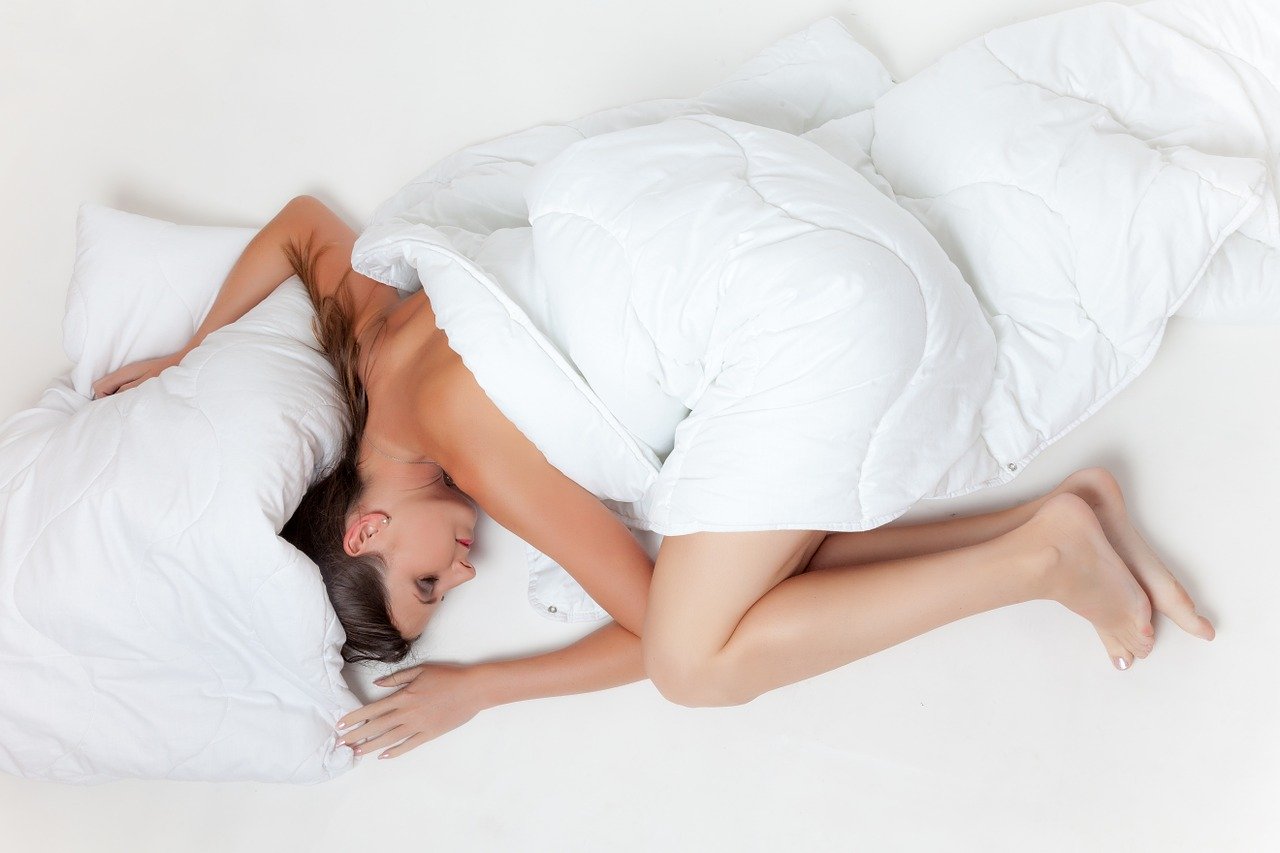If you suffer from a medical condition that affects your sleep it can be hard to know how to cope after a particularly bad night. Even without a condition, we’ve all been there. To try and help your mind and body get back on track, here is some advice on what to do, or what not to do, the day after a bad night’s sleep:
Get up at the same time
Many people who can’t sleep during the night find that they are suddenly able to sleep when the morning comes. It’s extremely tempting to switch off the alarm and continue sleeping, but this is often counterproductive. Sleeping late throws off your body clock, and means you won’t be ready to sleep again that night. It’s essential to try and avoid a second night of insufficient sleep, so try and force yourself to get up at your regular time.
Go easy on the caffeine
Jumping to coffee when you’re tired is easily done, but isn’t always the best idea. Caffeine is normally a part of a person’s morning routine, so if this is the case, feel free to have a mug. We recommend that you stop drinking coffee by lunchtime, however, because while it may feel like it’s helping initially, you’ll feel worse in the long run. Continuing to drink coffee throughout the afternoon and evening might affect your sleep the next night. Two bad nights in a row is something we definitely want to avoid.
Don’t nap for too long
It’s often assumed that when you haven’t slept well, you need to do some catching up. While this is true, it’s better left until the next night. If you desperately need a nap, we recommend no more than half an hour around lunchtime. If you sleep for too long or hit deep sleep, you won’t be tired by bedtime. It’s also important not to make bedtime obscenely early, as this will mess up your sleep schedule.
If it’s sleep apnea that is causing your bad night’s sleep, don’t hesitate to contact us at Apnea Seal for guidance.

